Monoxil Pro used in Hello Beasty by Emma Rogan, 2023.

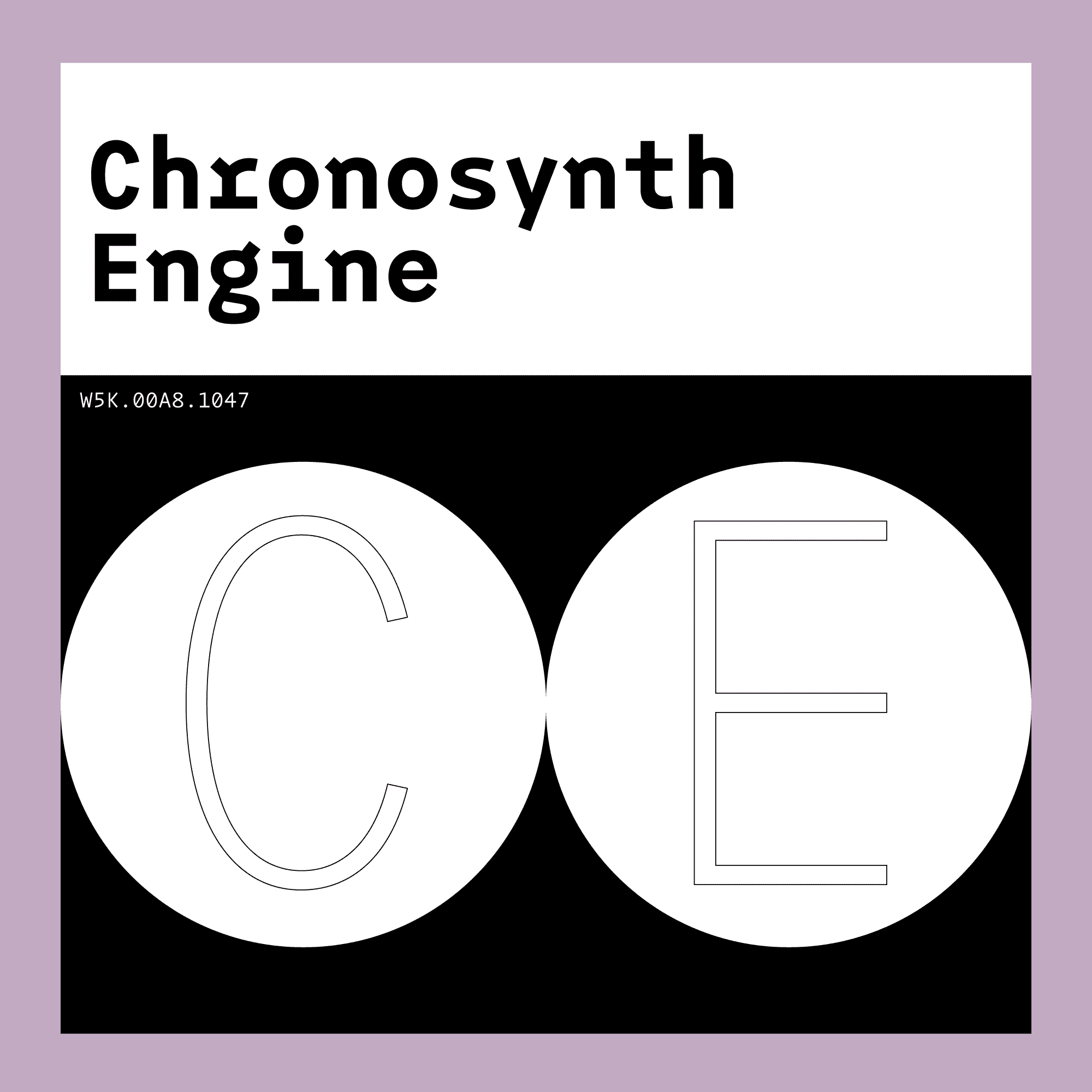
-
Concepts
of
EntanglementHair - 100 HairChemical Compounds100 Hair ItalicChemical Compounds200 ThinChemical Compounds200 Thin ItalicChemical Compounds300 LightChemical Compounds300 Light ItalicChemical Compounds400 RegularChemical Compounds400 Regular ItalicChemical Compounds500 MediumChemical Compounds500 Medium ItalicChemical Compounds600 BoldChemical Compounds600 Bold ItalicChemical Compounds700 HeavyChemical Compounds700 Heavy ItalicChemical Compounds800 BlackChemical Compounds800 Black ItalicChemical Compounds
- Regular 24 px
An exoplanet planet is a planet outside the Solar System. The first confirmation of detection occurred in 1992. As of 1 October 2022, there are 5,197 confirmed exoplanets in 3,833 planetary systems, with 840 systems having more than one planet. Claims of exoplanet detections have been made since the nineteenth century. Some of the earliest involve the binary star 70 Ophiuchi. In 1855 William Stephen Jacob at the East India Company’s Madras Observatory reported that orbital anomalies made it “highly probable” that there was a “planetary body” in this system.
Bold 24 pxAn exoplanet planet is a planet outside the Solar System. The first confirmation of detection occurred in 1992. As of 1 October 2022, there are 5,197 confirmed exoplanets in 3,833 planetary systems, with 840 systems having more than one planet. Claims of exoplanet detections have been made since the nineteenth century. Some of the earliest involve the binary star 70 Ophiuchi. In 1855 William Stephen Jacob at the East India Company’s Madras Observatory reported that orbital anomalies made it “highly probable” that there was a “planetary body” in this system.
-
-
100A200A300A400A500A600A700A800A100A200A300A400A500A600A700A800A
- Light 20 px
An exoplanet planet is a planet outside the Solar System. The first confirmation of detection occurred in 1992. As of 1 October 2022, there are 5,197 confirmed exoplanets in 3,833 planetary systems, with 840 systems having more than one planet. Claims of exoplanet detections have been made since the nineteenth century. Some of the earliest involve the binary star 70 Ophiuchi. In 1855 William Stephen Jacob at the East India Company’s Madras Observatory reported that orbital anomalies made it “highly probable” that there was a “planetary body” in this system.
Medium 20 pxAn exoplanet planet is a planet outside the Solar System. The first confirmation of detection occurred in 1992. As of 1 October 2022, there are 5,197 confirmed exoplanets in 3,833 planetary systems, with 840 systems having more than one planet. Claims of exoplanet detections have been made since the nineteenth century. Some of the earliest involve the binary star 70 Ophiuchi. In 1855 William Stephen Jacob at the East India Company’s Madras Observatory reported that orbital anomalies made it “highly probable” that there was a “planetary body” in this system.
-
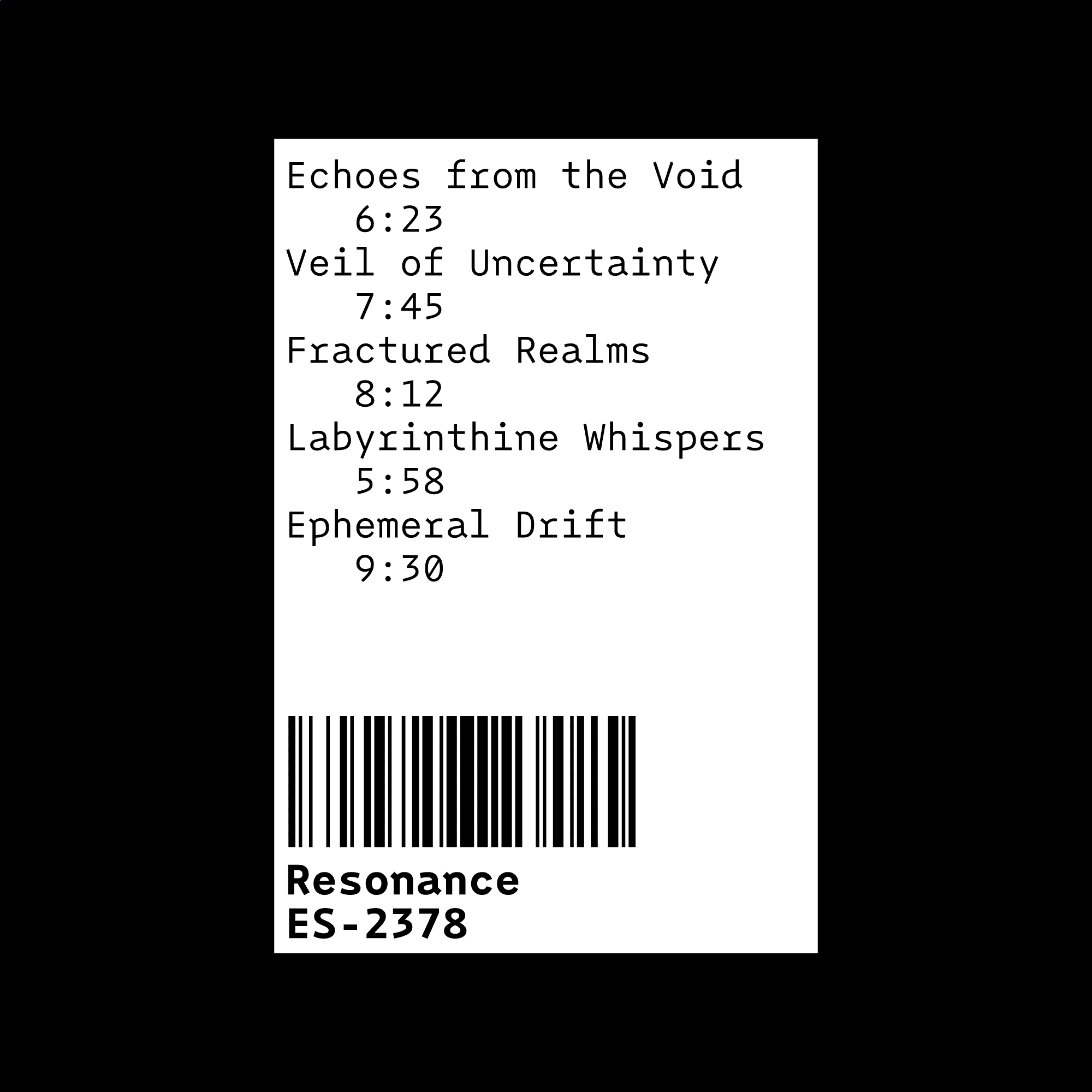
-
Machine
ConsciousnessRegular 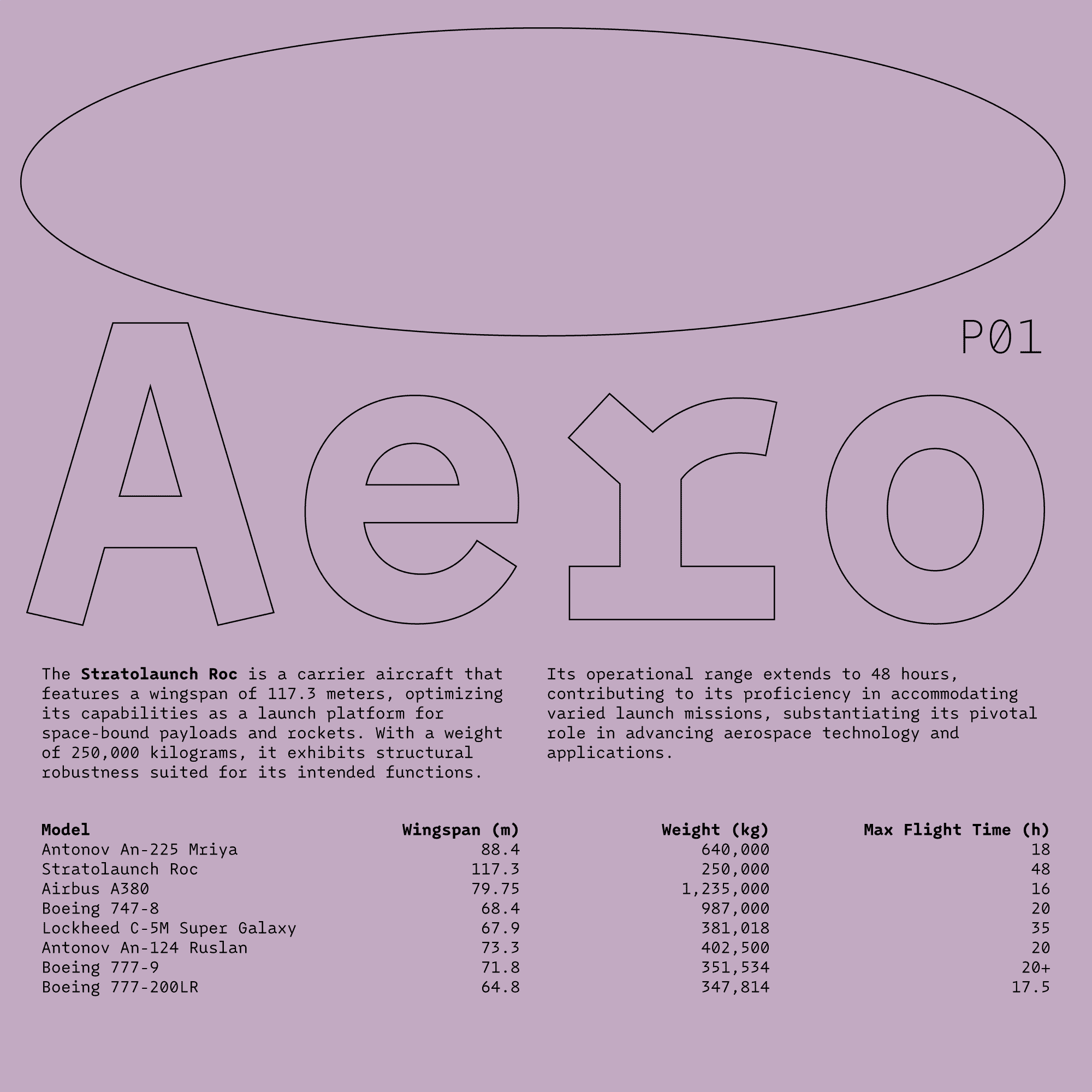
- 800 Black ItalicMetalic Alloy100 HairChemical Composition700 Heavy ItalicHigh-Quality Steel Production200 Thin ItalicMeticulously crafted products tailored to meet
the exacting requirements of various industries. 
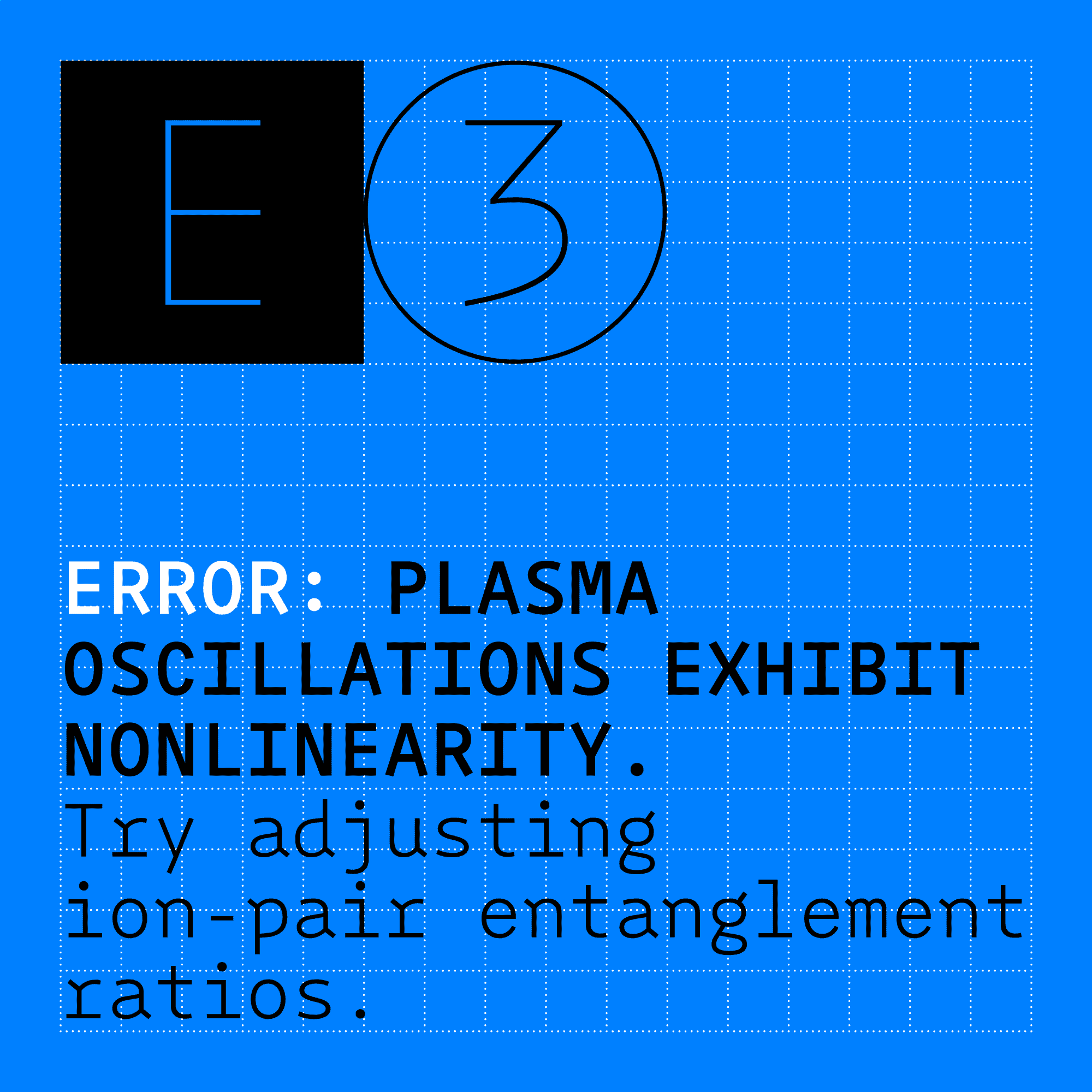
-
590Black Italic
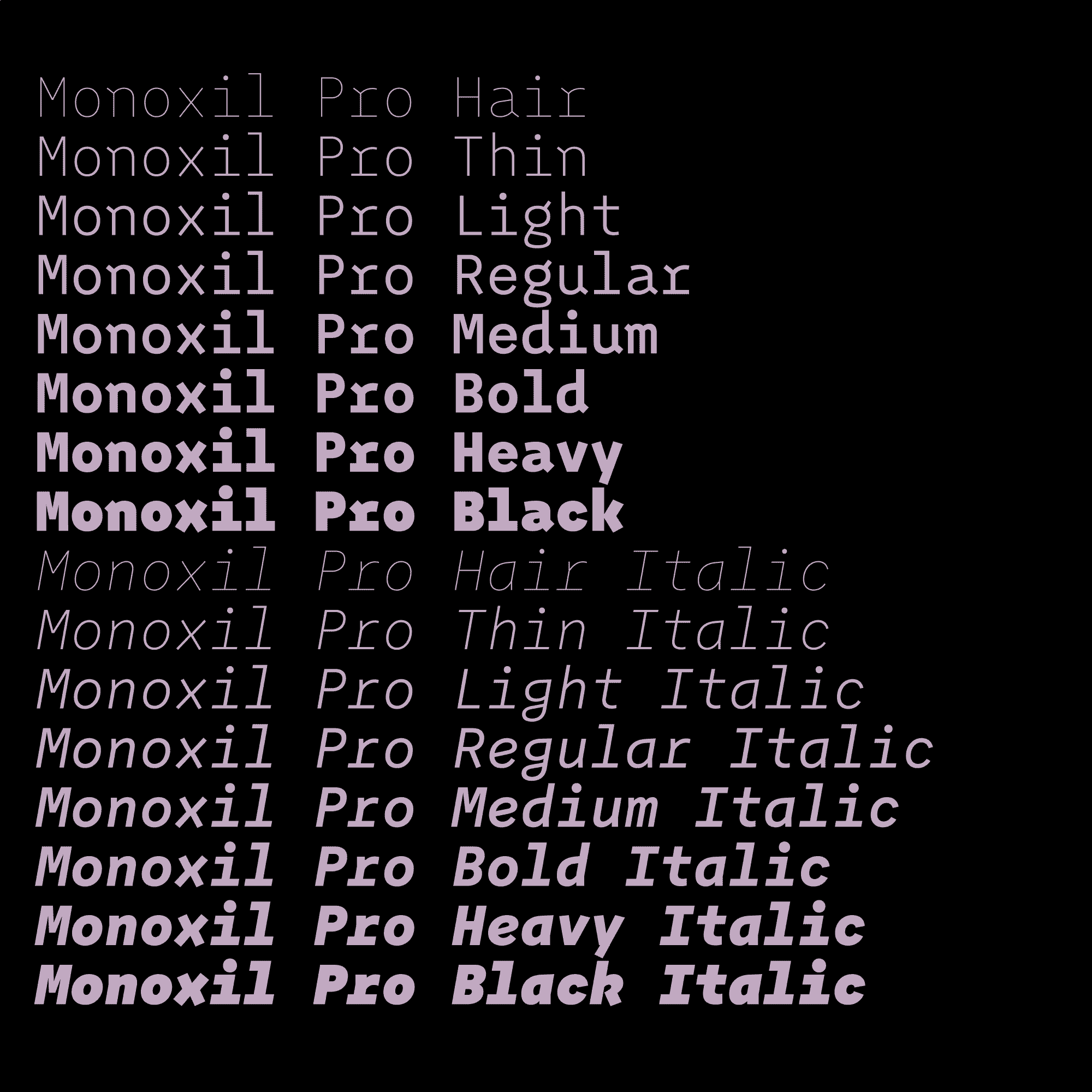

Monoxil Pro used in Archekta by Róbert Szabó, 2021.
-
Black
-
Mystery
of TimeHair - 100Hair100Hair Italic200Thin200Thin Italic300Light300Light Italic400Regular400Regular Italic500Medium500Medium Italic600Bold600Bold Italic700Heavy700Heavy Italic800Black800Black Italic

-
R24Light Italic

-
295Light

- Regular Italic 29 px
Un planeta exoplaneta es un planeta fuera del Sistema Solar. La primera confirmación de detección ocurrió en 1992. Al 1 de octubre de 2022, hay 5197 exoplanetas confirmados en 3833 sistemas planetarios, con 840 sistemas que tienen más de un planeta. Las afirmaciones de detecciones de exoplanetas se han hecho desde el siglo XIX. Algunos de los primeros involucran a la estrella binaria 70 Ophiuchi. En 1855, William Stephen Jacob, del Observatorio de Madrás de la Compañía de las Indias Orientales, informó que las anomalías orbitales hacían "altamente probable" que hubiera un "cuerpo planetario" en este sistema.
Bold Italic 29 pxUn planeta exoplaneta es un planeta fuera del Sistema Solar. La primera confirmación de detección ocurrió en 1992. Al 1 de octubre de 2022, hay 5197 exoplanetas confirmados en 3833 sistemas planetarios, con 840 sistemas que tienen más de un planeta. Las afirmaciones de detecciones de exoplanetas se han hecho desde el siglo XIX. Algunos de los primeros involucran a la estrella binaria 70 Ophiuchi. En 1855, William Stephen Jacob, del Observatorio de Madrás de la Compañía de las Indias Orientales, informó que las anomalías orbitales hacían "altamente probable" que hubiera un "cuerpo planetario" en este sistema.
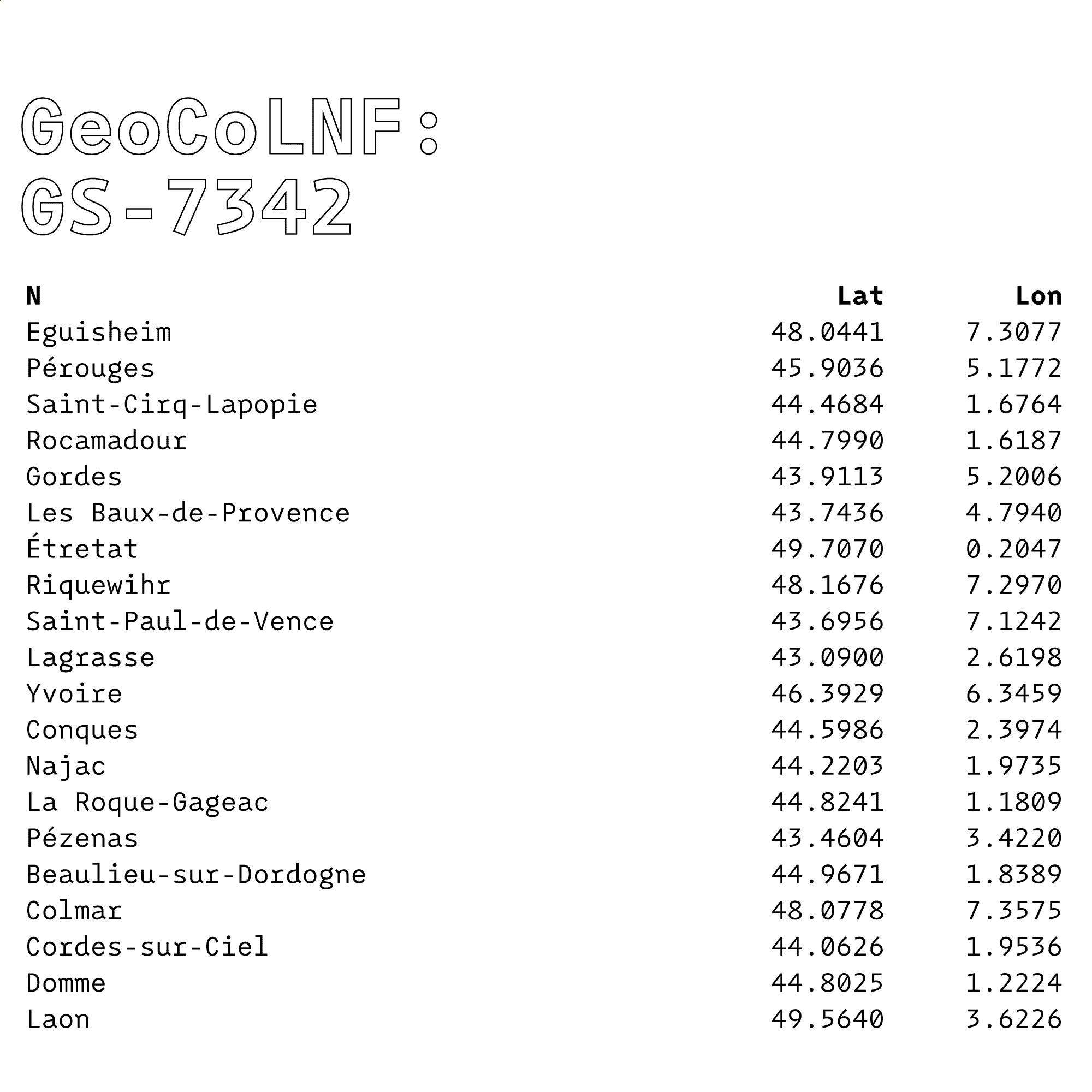

- Thin 25 px
Une planète exoplanète est une planète en dehors du système solaire. La première confirmation de détection a eu lieu en 1992. Au 1er octobre 2022, il y avait 5 197 exoplanètes confirmées dans 3 833 systèmes planétaires, avec 840 systèmes ayant plus d'une planète. Des réclamations de détections d'exoplanètes ont été faites depuis le XIXe siècle. Certaines des plus anciennes impliquent l'étoile binaire 70 Ophiuchi. En 1855, William Stephen Jacob, de l'observatoire de Madras de la Compagnie des Indes orientales, rapporta que des anomalies orbitales rendaient «très probable» la présence d'un «corps planétaire» dans ce système.
Black 25 pxUne planète exoplanète est une planète en dehors du système solaire. La première confirmation de détection a eu lieu en 1992. Au 1er octobre 2022, il y avait 5 197 exoplanètes confirmées dans 3 833 systèmes planétaires, avec 840 systèmes ayant plus d'une planète. Des réclamations de détections d'exoplanètes ont été faites depuis le XIXe siècle. Certaines des plus anciennes impliquent l'étoile binaire 70 Ophiuchi. En 1855, William Stephen Jacob, de l'observatoire de Madras de la Compagnie des Indes orientales, rapporta que des anomalies orbitales rendaient «très probable» la présence d'un «corps planétaire» dans ce système.
About
The friendly monospace.
Monoxil Pro is a new and expanded version of the original Monoxil typeface, which was inspired by the aesthetics of medical typography and design, created as part of a two-week school project.
Monoxil Pro is a sans-serif monospace font in eight weights, with italics and a extended character set. Compared to the original Monoxil, its new version is less mechanical and has a pleasant, friendly character.
For characters that are usually compressed (m, w) or expanded (i, l) in a standard monospace typeface in order to fill the fixed space designated for each character, Monoxil Pro also includes stylistic variants with proportional width, which results in smoother text setting, while preserving the monospace expression.
| Styles: | 16 |
| Blocks: | Basic Latin, Extended Latin |
| Languages: | 100 |
| Glyphs: | 554 |
| Figures: | Tabular Lining (Default), Superscript, Superior, Subscript, Inferior, Fractions |
| Features: | Stylistic Set 1–3, Standard Ligatures, Case Sensitive Forms, Fractions, Superscript Figures, Subscript Figures, Ordinals |
| Version: | 1.0 |
| Copyright: | Monoxil Pro, Ondrej Jób © 2023. All rights reserved. |
| Release Date: | Sep 4 2023 |


